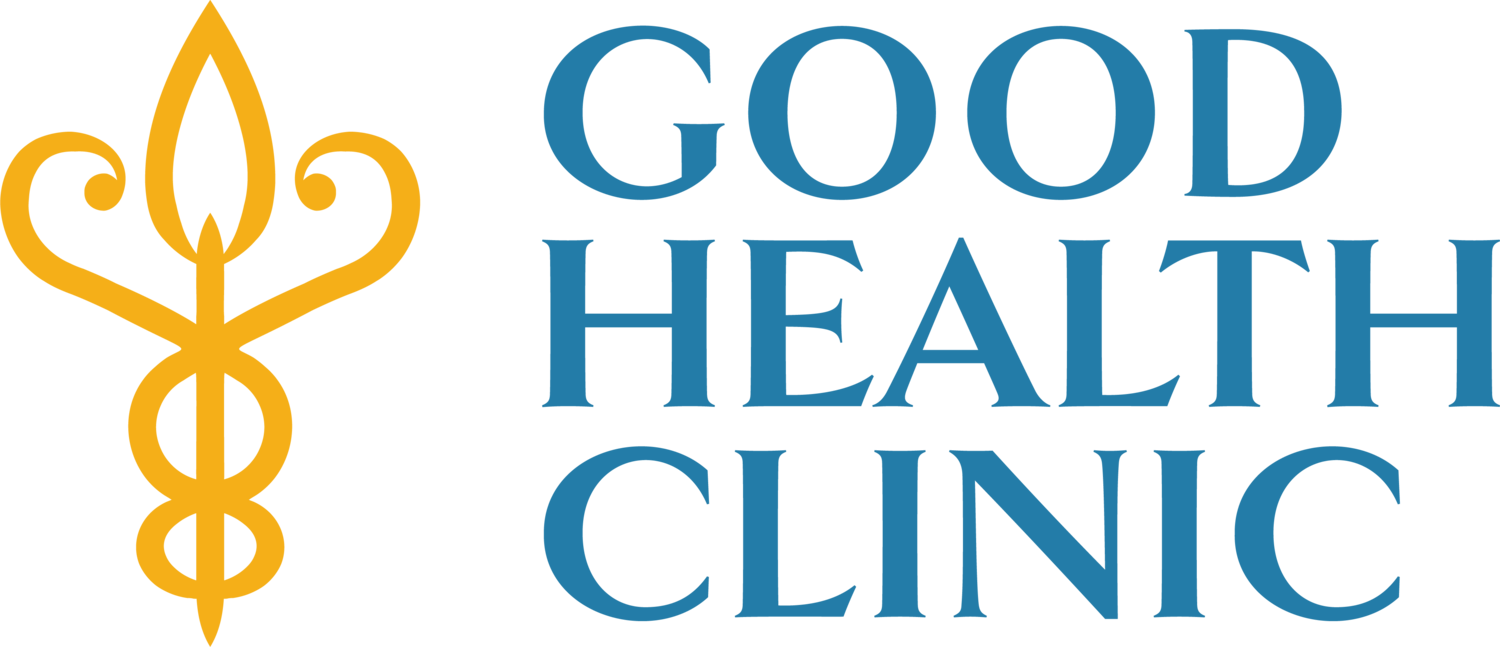MCAS and POTS
MCAS (Mast Cell Activation Syndrome) is written about a great deal on the internet. Mast cells are part of your immune system.
POTS (Postural Tachycardia Syndrome) is an abnormality in the way the autonomic nervous system (ANS) works.
Many people experience both MCAS and POTS. Read on to discover how a flare of MCAS can make POTS symptoms worse.
What are Mast Cells?
Mast cells are part of the immune system of cells. Their role is to sound the alert against invaders and allergens. When alerted, they release histamine and other substances from their storage granules. This is known as mast cell degranulation which results in a shower of histamine that triggers a cascade of events that opens up blood vessels, fills tissues with fluid to shunt invaders into lymph nodes for destruction, makes extra mucus, and contracts smooth muscle lining the airways and GI tract that helps to push harmful substances out of the body. The resulting symptoms can be flushed, itchy skin, extra sneezing, watery eyes and stool. Severe reactions can produce life-threatening anaphylaxis.
What is POTS?
The autonomic nervous system is responsible for many of the body functions we don’t think about such as heart rate, blood pressure, digestion, sweating, bladder control and the way we respond to stress. In POTS, the way the autonomic nervous system adjusts to upright posture malfunctions, producing an excessive increase in heart rate, increased blood levels of noradrenaline and altered blood flow to the brain.
What is MCAS?
MCAS (Mast Cell Activation Syndrome) is a condition where mast cells release an inappropriate amount of chemicals into the body. What triggers mast cells to overreact? A number of things, such as infections, drugs, stress, over-exercise, allergens, insect venom. For example, if there is enough mast cell degranulation in the gut from bacterial imbalance (dysbiosis) or exposure to food allergy, this can increase overall levels of histamine, including in the central nervous system. The immune cells of the brain (microglia) then become inflamed, which reduces the frequency with which they fire or send signals to each other. This triggers dysregulation of the autonomic nervous system which will make the symptoms of POTS worse.
Th-2 dominance
MCAS sufferers tend to have their immune system response skewed towards a Th-2 immune dominant pattern. Th-2 cells make a chemical called Interleukin-4 that helps to stimulate mast cells. Chronic stressors such as infections, toxins, emotional stress etc. diminish the Th-1 immune response, which further increases the Th-2 response and stimulates more mast cell activity. The joint effect of increased Interleukin-4 and reduction of interferon-gamma (made by Th-1 cells) inhibits autophagy, a process by which cells in the central nervous system repair themselves. All this worsens the symptoms of the POTS patient.
MCAS and POTS Support
All the steps below in this targeted MCAS/POTS strategy can be addressed with natural therapeutic agents:
Improve blood flow to the brain.
Improve nerve cell repair.
Improve autophagy through Th-1 immune support.
Inhibit production of Interleukin-4 through Th-2 immune modulation.
Address factors that would push towards Th-2 dominance.
Inhibit mast cell degranulation.
Break down the byproducts of mast cell degranulation.
Improve histamine breakdown/clearance.
Low histamine diet.
Address factors that promote histamine e.g. dysbiosis, allergies, poor sleep, stress etc.
Address active infections (viral, bacterial, yeast etc.)
If you are concerned about MCAS or POTS and would like to do something more about them, please get in touch with the Good Health Clinic on goodhealthclinic@outlook.com to request a free 30 minute Enquiry Call or book an appointment.
Please note that an Enquiry Call is not a consultation but an exploratory call to see if this a clinical approach you wish to pursue.
To your very good health,
Suzanne Jeffery (Nutritional Medicine Consultant)
M.A.(Oxon), BSc.(NMed), PGCE, MNNA, CNHC
The Good Health Clinic at The Business Centre, 2, Cattedown Road, Plymouth PL4 0EG
Tel no: 07836 552936/ Answer phone: 01752 774755
Disclaimer:
All advice given out by Suzanne Jeffery and the Good Health Clinic is for general guidance and informational purposes only. All advice relating to other health professionals’ advice is for general guidance and information purposes only. Readers are encouraged to confirm the information provided with other sources. Patients and consumers should review the information carefully with their professional health care provider. The information is not intended to replace medical advice offered by other practitioners and physicians. Suzanne Jeffery and the Good Health Clinic will not be liable for any direct, indirect, consequential, special, exemplary or other damages arising therefrom.

